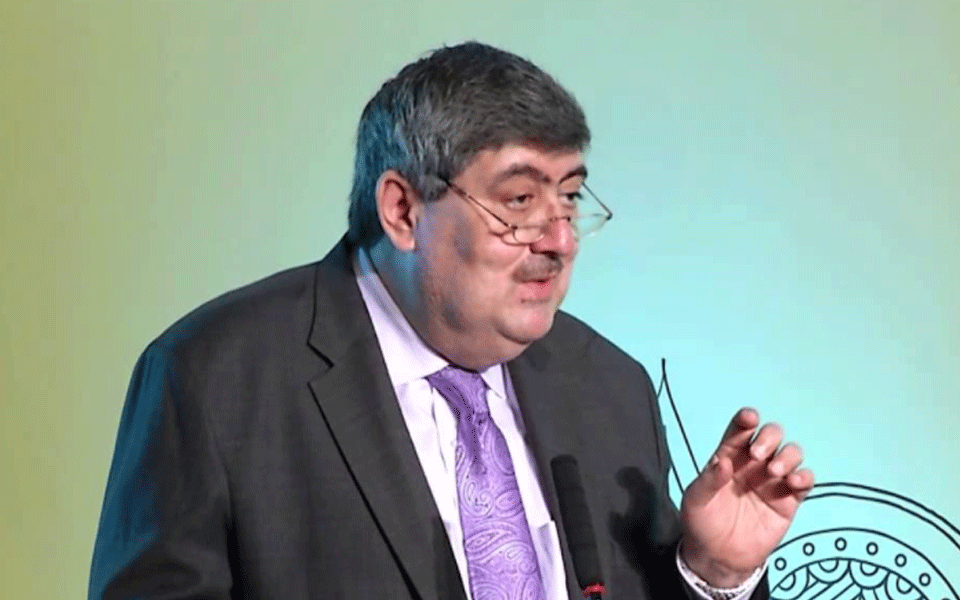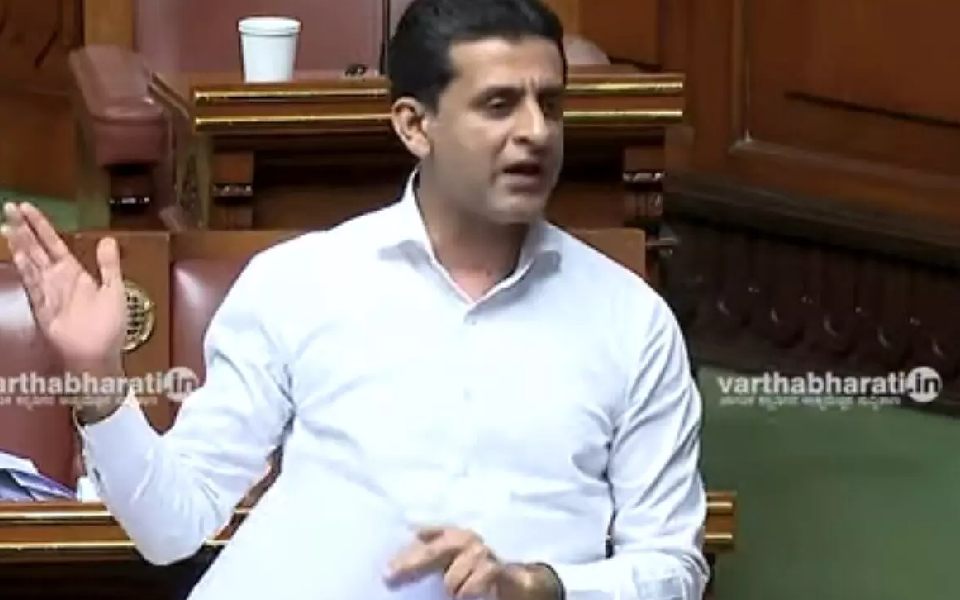New Delhi (PTI): Supreme Court judge Justice S K Kaul on Friday recused himself from hearing the pleas challenging the amended law allowing extension of up to five years for the ED director, a day after Sanjay Kumar Mishra was given a fresh one-year extension as the chief of the anti-money laundering agency.
Though the judge did not assign any reason for his decision announced in an open court, the SC had last year made it clear that Mishra will not be granted any further extension.
A bench of Justices Kaul and A S Oka was hearing a batch of petitions on the contentious issue of grant of extension to the chiefs of the Enforcement Directorate.
Justice Kaul ordered the matter to be listed before a bench of which he is not a member.
Senior advocate Gopal Sankaranarayanan, appearing for one of the petitioners, told the bench the Centre had given a fresh extension in service to the incumbent Director of the Enforcement Directorrater Mishra to "frustrate" the petitions pending before the apex court.
"Since the counsel for the parties have expressed some urgency in the matter, the matter be placed before the Chief Justice of India for necessary orders," the bench said.
A batch of petitions, including those filed by Congress leaders Randeep Singh Surjewala and Jaya Thakur, and TMC's Mahua Moitra and Saket Gokhale, had come up for hearing before the bench.
According to an official order, the Union government on Thursday gave a fresh one-year extension to Mishra, the third for the Indian Revenue Service officer in the position.
The notification issued by the government said the 1984 batch IRS officer will be in office till November 18, 2023.
Mishra, 62, was first appointed the director of the ED for two years on November 19, 2018.
Later, by an order dated November 13, 2020, the central government modified the appointment letter retrospectively and his two-year term was changed to three years.
The government promulgated an ordinance last year under which the tenure of ED and CBI chiefs could be extended by up to three years after the mandated term of two years.
On September 5, the Centre had contested in the top court the bona fide of the pleas filed by some political leaders challenging the extension of tenure of the ED chief and the amended law allowing such extensions up to five years, calling it "pressure tactics".
The apex court had then appointed senior advocate K V Viswanathan as amicus curiae (friend of the court) to assist it in dealing with the pleas.
On August 2 this year, the top court had sought response from the Centre, the Central Vigilance Commission and others to the pleas.
Congress leader Surjewala's plea challenged the amendment made by the central government to the fundamental concept decided by the apex court in two judgements in the Vineet Narayan and the Common Cause cases on fixed tenure for such officials.
A batch of pleas have been filed on the issue, mostly challenging the Central Vigilance Commission (Amendment) Act, 2021 which provides for extension of the term of ED's director up to five years.
The Centre had on November 17, 2021 extended Mishra's stint at the anti-money laundering agency by a year till November 18, 2022, days after bringing ordinances to allow the ED and CBI directors to occupy offices up to five years.
The apex court had, in its September 8 last year judgement on a petition filed by NGO 'Common Cause', said a reasonable period of extension can be granted to facilitate the completion of ongoing investigations only after reasons are recorded by the committee constituted under Section 25 (a) of the CVC Act.
It had upheld the Centre's power to extend Mishra's tenure as ED director but clarified granting extension to officers after the age of superannuation should be done only in rare and exceptional cases.
The top court had also made it clear that no further extension can be granted to Mishra.
The court had also stated that an extension of tenure of the director should be for a short period.
Let the Truth be known. If you read VB and like VB, please be a VB Supporter and Help us deliver the Truth to one and all.
Washington, D.C.: Hundreds of international students in the United States have reportedly received emails from the US Department of State ordering them to "self-deport" due to their alleged involvement in "campus activism”.
They were ordered to leave the country not just for allegedly participating in protests on American university campuses, but also for allegedly sharing or liking posts deemed ‘anti-national,” as reported by The Times of India on Saturday.
Immigration attorneys confirmed the development with TOI and added that Indian students may also be among those who received the email.
The US state department’s email cited by news outlet did not provide details about why the action was taken. The emails told students that “additional information became available after your visa was issued” and therefore, the study permit was being revoked.
It also warned that remaining in the US without lawful immigration status could lead to fines, detention, deportation, or ineligibility for future US visas.
The visas were reportedly revoked amid heightened scrutiny of foreign students by the Donald Trump administration, following pro-Palestine protests at college campuses across the US.





